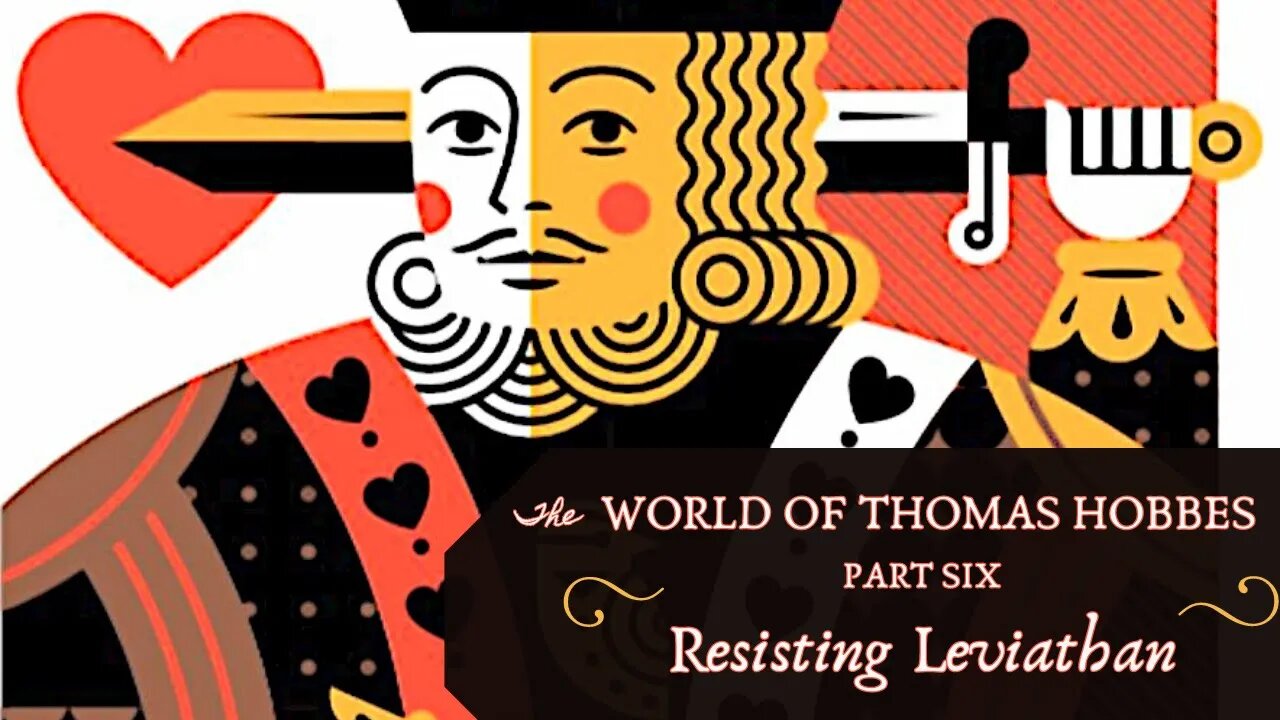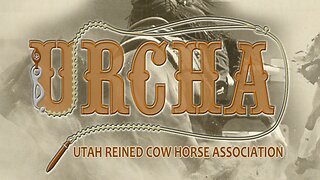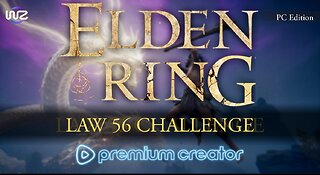Premium Only Content

Resisting Leviathan (Hobbes, Pt. 6)
Sixth and final part of our study of Thomas Hobbes and Leviathan, part of a larger series entitled Foundations of Western Political Thought. In this video we examine, first, Hobbes's idea of the best form of government (i.e., why he prefers monarchy to assembly), and second, his insistence that subjects have no right to disobey the Sovereign or dissolve the covenant -- UNLESS, said Sovereign violates the inalienable right to life. I propose an even more generous reading: perhaps, Hobbes might not oppose a dissolution of the covenant if the Sovereign continually and overtly opposes the end for which he exists in the first place (the safety of the people), and instead endeavors to destroy and waste the people, which cannot possibly align with the original end for government. Lastly, I conclude with a brief notation of what I've termed the Hobbesian paradox: that rebellion is unjust and illegitimate, but that a victorious rebel becomes the legitimate sovereign in fact, thus incentivizing rebellion. This allowed Hobbes, without inconsistency, to go from absolute royalism in the 1640s to acknowledging the legitimacy of Cromwell's Commonwealth rule in 1651, following the end of the English Civil War.
Timecodes:
0:00 - Intro
4:26 - The Purpose of Government
6:48 - What is the Best Form of Government?
18:48 - Resistance and Rebellion
28:18 - The Great Exception to the Rule
41:10 - The Hobbesian Paradox
_______________________________________
If enjoy this channel and would like to support:
https://patreon.com/professorbarth
Follow me on Twitter: https://twitter.com/Professor_Barth
Buy my book! The Currency of Empire: Money and Power in English America, released June 2021 with Cornell University Press. Order your copy now:
https://www.amazon.com/Currency-Empire-Seventeenth-Century-English-America/dp/1501755773/ref=tmm_pap_swatch_0?_encoding=UTF8&qid=1611158577&sr=8-1
_______________________________________
Dr. Jonathan Barth received his PhD in history from George Mason University in 2014. He specializes in the history of money and banking in the early modern period, with corollary interests in early modern politics, empire, culture, and ideas. Barth is Associate Professor of History at Arizona State University and Associate Director of the Center for American Institutions at Arizona State University.
_______________________________________
Visit my website https://www.professorbarth.com/
_______________________________________
Disclaimer: The views and opinions expressed on this channel are my own and do not reflect the views of Arizona State University, nor are any of the views endorsed by Arizona State University.
-
 25:02
25:02
Professor Barth
1 year agoStock market selloff / Dollar Report: August 2024
64 -
 15:27
15:27
Sideserf Cake Studio
1 day ago $6.20 earnedThis K-Pop Demon Hunters CAKE is how it's done, done, done!
22.4K11 -
 LIVE
LIVE
LumpyPotatoX2
2 hours agoKOMPETE: Quick Gameplay - #RumbleGaming
205 watching -
 54:47
54:47
Side Scrollers Podcast
1 day agoSide Scroller Presents KING OF THE KART | MASSIVE MARIO KART TOURNAMENT
65.4K2 -
 33:18
33:18
Athlete & Artist Show
11 hours ago $2.00 earnedHockey Is Back In Europe!
16K3 -
 LIVE
LIVE
Total Horse Channel
4 hours ago2025 URCHA Futurity | Derby & Horse Show | Sunday
141 watching -
 2:16:57
2:16:57
XxXAztecwarrior
2 hours agoSearching for more Reds!!
5.94K -

TheItalianCEO
3 hours agoWhat about an Italian for breakfast?
8.54K -
 9:06
9:06
nospeedlimitgermany
1 day ago $1.16 earnedMercedes-Benz 500 SE W126 | 231 PS | Top Speed Drive German Autobahn No Speed Limit POV
13.8K2 -
 LIVE
LIVE
IamNibz
5 hours ago $0.53 earnedLaw 56- Elden Ring Challenge (PC)
73 watching